Mitt Romney is in a difficult position. On September 11, 2012, radical Islamists stormed the American Embassy in Cairo, tore down and burned the American flag, and hoisted a black flag associated with Al Qaeda. In Libya, radical Islamists did the same, but also set the embassy on fire, fired rockets, and killed Ambassador Christopher Stevens and at least three other State Department employees.
The President is not the Democratic President, but the American President. Any challenger in a time of crisis must keep that in mind. Any challenger also comes to the table with less foreign policy experience than a sitting President. Mitt Romney has a difficult needle to thread handling his response to these unfortunate events.
The Romney campaign would be well advised to be delicate and let surrogates handle most of the partisan shots, but there are absolutely some valid points Mitt Romney can and should raise.
First, this was the second September 11th anniversary since Osama Bin Laden was killed. Subsequent to his death several other top Al Qaeda leaders have been killed. Islamic radicals still demand revenge. It was quite foreseeable that Islamic radicals would find an excuse to attack us in some way on this September 11th. Why wasn’t the American security presence at American embassies in North Africa and the Middle East boosted prior to 9/11? Sending Marines to Libya now seems a bit too little too late.
Second, when the United States picked the side of rebels in Libya many media outlets reported the rebels also had ties to Al Qaeda. What happened in Libya was a foreseeable outcome. Who did the President think would get greater respect from Libyan rebels who, like Al Qaeda, were persecuted by Gaddafi? Would not the better response to the Libyan uprising have been to sit on the sidelines and do nothing?
Third, the Obama Administration has, for four years, sought greater accommodation of the Muslim Brotherhood, a group that at no point in its history has shown itself to be a friend of western values in general or the United States in particular. Knowing the dangers, the United States under Barack Obama was perfectly happy to work with the Muslim Brotherhood. Why was this not foreseeable by President Obama when it was an obviously foreseeable event to so many?
Fourth, why has Barack Obama skipped more than half of his intelligence briefings? The Government Accountability Institute reports the President, since taking office, has attended just 43.8% of his Presidential Daily Briefings. Liberals, to this day, accuse George W. Bush of ignoring terror warnings leading up to 9/11 when he was in office less than 8 months before the attacks. President Obama has not even attended half his daily intelligence briefings in four years. He’s opted for written reports instead of being able to discuss, probe, and question his national security advisors.
Fifth, free speech is an American freedom and one recognized by the Universal Declaration of Human Rights. It isn’t something our government should be condemning. Why was the American Embassy’s initial reaction to condemn persecuted Coptic Christians for making a movie? We’ve seen this over and over. Draw a cartoon of Mohammad? Riots. Make a movie? Riots. Burn a Koran? Riots. Radical Islamics riot at the slightest provocation. It is what they do. Throwing the First Amendment under the bus does nothing but send a signal that we do not value our most cherished constitutional rights when someone might be offended. Why do that?
Sixth, why did the President condemn Mitt Romney’s own campaign before condemning the violence and bloodshed?
To quote Jeremiah Wright, the chickens are coming home to roost.
These are difficult days for the United States and for its President. But the events of September 11, 2012, though not foreseeable in the form they took, was foreseeable in that Islamic radicals have been waiting for an opportunity to strike back at the United States and the date is a logical day to foment unrest. Turmoil against the United States’ interests in North Africa and the Middle East after the Arab Spring was predicted by many foreign policy experts. Ambassador Stevens’ death was an avoidable tragedy.
Mitt Romney can and should raise these points. President Obama supported the Arab Spring. He led a coalition into Libya to help Libyan rebels. Now, in the Arab fall, we are seeing the undoing of decades of American foreign policy designed to stabilize, as best we could, an unstable region.

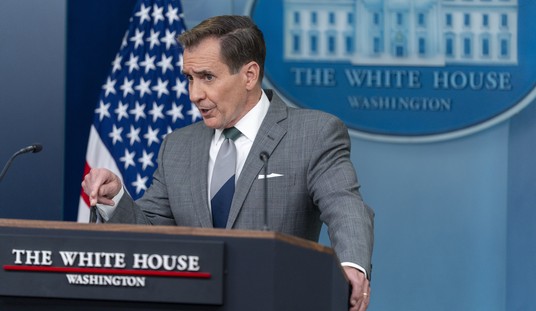

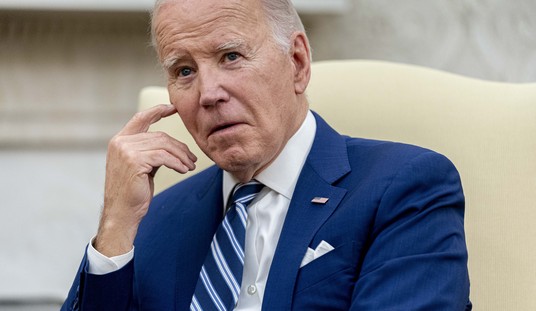
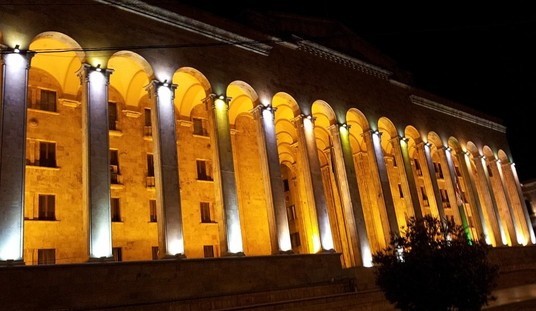
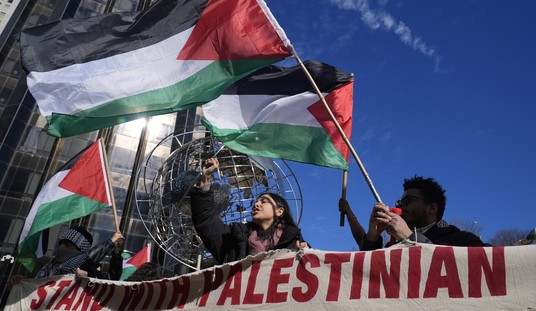
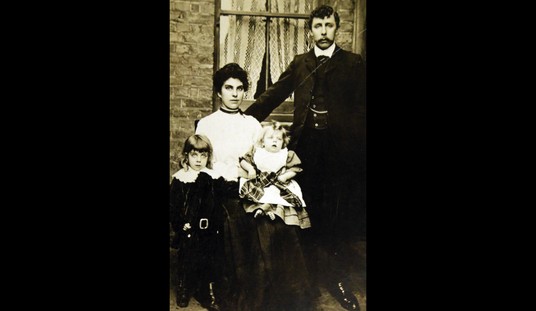

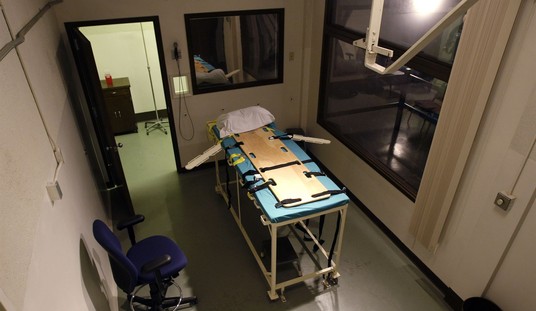

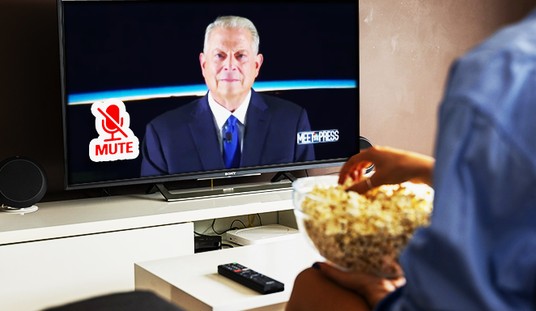

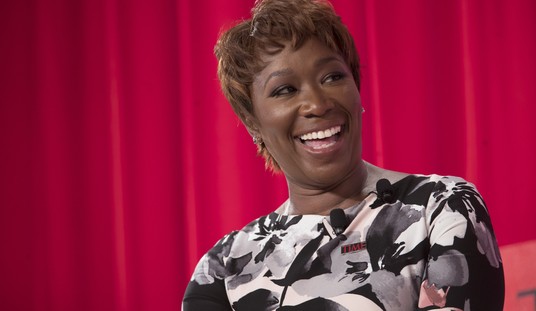
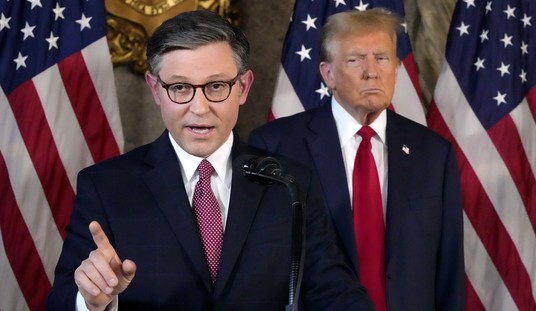
Join the conversation as a VIP Member